Raising Your Credit Score Could Lower Your Mortgage Rate
Raising your credit score by 20 points can potentially save you thousands on your mortgage.

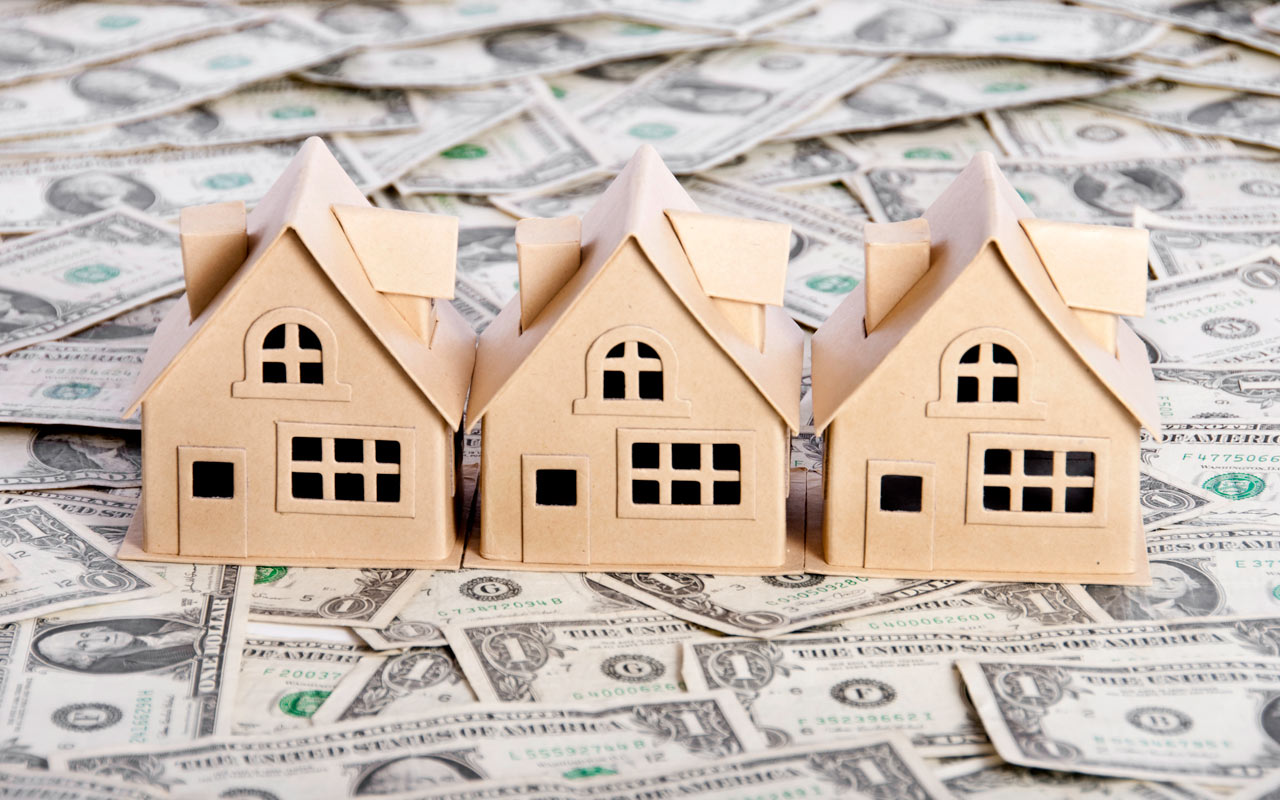
Profit and prosper with the best of Kiplinger's advice on investing, taxes, retirement, personal finance and much more. Delivered daily. Enter your email in the box and click Sign Me Up.
You are now subscribed
Your newsletter sign-up was successful
Want to add more newsletters?

Delivered daily
Kiplinger Today
Profit and prosper with the best of Kiplinger's advice on investing, taxes, retirement, personal finance and much more delivered daily. Smart money moves start here.

Sent five days a week
Kiplinger A Step Ahead
Get practical help to make better financial decisions in your everyday life, from spending to savings on top deals.

Delivered daily
Kiplinger Closing Bell
Get today's biggest financial and investing headlines delivered to your inbox every day the U.S. stock market is open.

Sent twice a week
Kiplinger Adviser Intel
Financial pros across the country share best practices and fresh tactics to preserve and grow your wealth.

Delivered weekly
Kiplinger Tax Tips
Trim your federal and state tax bills with practical tax-planning and tax-cutting strategies.

Sent twice a week
Kiplinger Retirement Tips
Your twice-a-week guide to planning and enjoying a financially secure and richly rewarding retirement

Sent bimonthly.
Kiplinger Adviser Angle
Insights for advisers, wealth managers and other financial professionals.

Sent twice a week
Kiplinger Investing Weekly
Your twice-a-week roundup of promising stocks, funds, companies and industries you should consider, ones you should avoid, and why.

Sent weekly for six weeks
Kiplinger Invest for Retirement
Your step-by-step six-part series on how to invest for retirement, from devising a successful strategy to exactly which investments to choose.
Becoming a homeowner has become increasingly more challenging, with the median monthly mortgage payment reaching an all-time high of $2,661 (at a 7.19% mortgage rate), according to Redfin.com. They also found the median sale price of a home to be $374,975. And sky-high mortgage rates have left both homebuyers and owners feeling increasingly pessimistic about the housing market outlook.
So, if you're in the market for a mortgage or a refinance, it’s more important now than ever to ensure you can secure the lowest mortgage rate possible. One way you can find the best 30-Year mortgage rates is by prioritizing a good credit score.
Credit score impact on mortgage rates
Lenders take into account a variety of factors when determining the interest rate on your mortgage, including your down payment, desired loan term and the price of the property. However, the biggest factor determining your mortgage rate is your credit score. Most lenders will take into account your FICO score, which can range from 300 to 850, or from poor to exceptional credit.
From just $107.88 $24.99 for Kiplinger Personal Finance
Become a smarter, better informed investor. Subscribe from just $107.88 $24.99, plus get up to 4 Special Issues

Sign up for Kiplinger’s Free Newsletters
Profit and prosper with the best of expert advice on investing, taxes, retirement, personal finance and more - straight to your e-mail.
Profit and prosper with the best of expert advice - straight to your e-mail.
- 800 or higher: Exceptional
- 740-799: Very good
- 670-739: Good
- 580-669: Fair
- 579 or lower: Poor
To qualify for a mortgage loan, you’ll likely need a credit score of at least 620. However, having an even higher credit score can ease the financial burden of a mortgage, as it can help you score lower rates. And the knock-on benefits continue — securing a low mortgage rate can help lower your monthly payments substantially, as shown in this data from MyFICO.
The chart shows how much you’d pay on current rates as of November 30, 2023, based on a 30-year fixed mortgage of $350,000.
| FICO Score | APR | Monthly Payment | Total Interest Paid |
|---|---|---|---|
| 760-850 | 6.757% | $2,272 | $467,820 |
| 700-759 | 6.979 % | $2,324 | $486,505 |
| 680-699 | 7.156 % | $2,365 | $501,523 |
| 660-679 | 7.37 % | $2,416 | $519,821 |
| 640-659 | 7.8 % | $2,520 | $557,037 |
| 620-639 | 8.346 % | $2,653 | $605,113 |
How much you can save
Based on data from the chart above, if you start with a credit score of 620-639, here’s how much you’d save over the course of your mortgage by boosting your credit score.
- If your score changes to 640-659, you could save an extra $48,076
- If your score changes to 660-679, you could save an extra $85,292
- If your score changes to 680-699, you could save an extra $103,590
- If your score changes to 700-759, you could save an extra $118,608
- If your score changes to 760-850, you could save an extra $137,293
Use our tool to find a mortgage deal that's right for you.
How to improve your credit score
Your credit score matters to lenders as it shows them how likely you’ll be able to repay your loan. If you have a higher credit score, lenders won’t see you as a risky borrower. And while you can still get approved for a mortgage with a bad credit score, you won’t be able to secure the lowest rates possible. If you’re looking to save on your mortgage rates, try following these steps to boost your overall credit score before applying.
Check your credit report: Before applying for a mortgage, get a copy of your credit report. You’ll be able to see a complete rundown of your credit history, helping you identify areas of your credit that are hurting your score, while also checking for any inaccuracies in the report. Having errors on your credit report is more common than you may think, so it’s important to get those fixed, by filing a dispute if any are found.
Make on-time payments: Payment history is the largest factor affecting your credit score, accounting for 35% of your total score. Because of this, it’s vital to always make payments on time, as missing payments can significantly decrease your score.
Pay off credit card balances: Credit utilization is the ratio between any debt you have compared to your total credit limit, and it makes up 30% of your overall credit score. Therefore, keeping your credit utilization ratio as low as possible can help you up your overall credit score. A good rule of thumb is to keep your credit utilization below 30%.
Related Content
Profit and prosper with the best of Kiplinger's advice on investing, taxes, retirement, personal finance and much more. Delivered daily. Enter your email in the box and click Sign Me Up.

Erin pairs personal experience with research and is passionate about sharing personal finance advice with others. Previously, she was a freelancer focusing on the credit card side of finance, but has branched out since then to cover other aspects of personal finance. Erin is well-versed in traditional media with reporting, interviewing and research, as well as using graphic design and video and audio storytelling to share with her readers.
-
 Ask the Tax Editor: Federal Income Tax Deductions
Ask the Tax Editor: Federal Income Tax DeductionsAsk the Editor In this week's Ask the Editor Q&A, Joy Taylor answers questions on federal income tax deductions
-
 States With No-Fault Car Insurance Laws (and How No-Fault Car Insurance Works)
States With No-Fault Car Insurance Laws (and How No-Fault Car Insurance Works)A breakdown of the confusing rules around no-fault car insurance in every state where it exists.
-
 Why Picking a Retirement Age Feels Impossible (and How to Finally Decide)
Why Picking a Retirement Age Feels Impossible (and How to Finally Decide)Struggling with picking a date? Experts explain how to get out of your head and retire on your own terms.
-
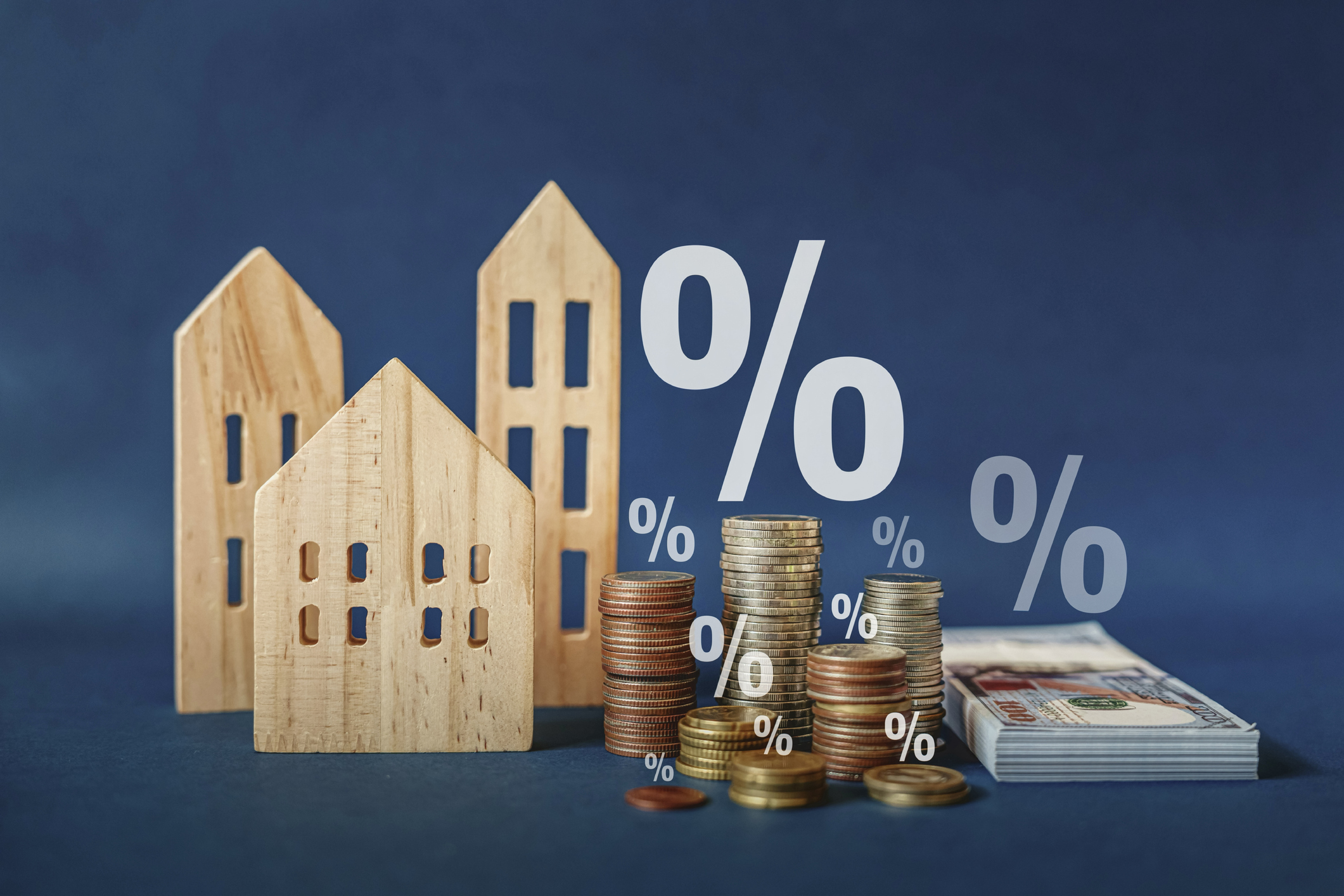 Is the Housing Market's 'Lock-In Effect' Finally Starting to Ease?
Is the Housing Market's 'Lock-In Effect' Finally Starting to Ease?As mortgage rates stabilize and fewer owners hold ultra-low loans, the lock-in effect may be losing its grip.
-
 Mortgage Protection Insurance: What It Covers and When It Makes Sense
Mortgage Protection Insurance: What It Covers and When It Makes SenseHow mortgage protection insurance works, what it costs, and when it’s actually useful in a financial plan.
-
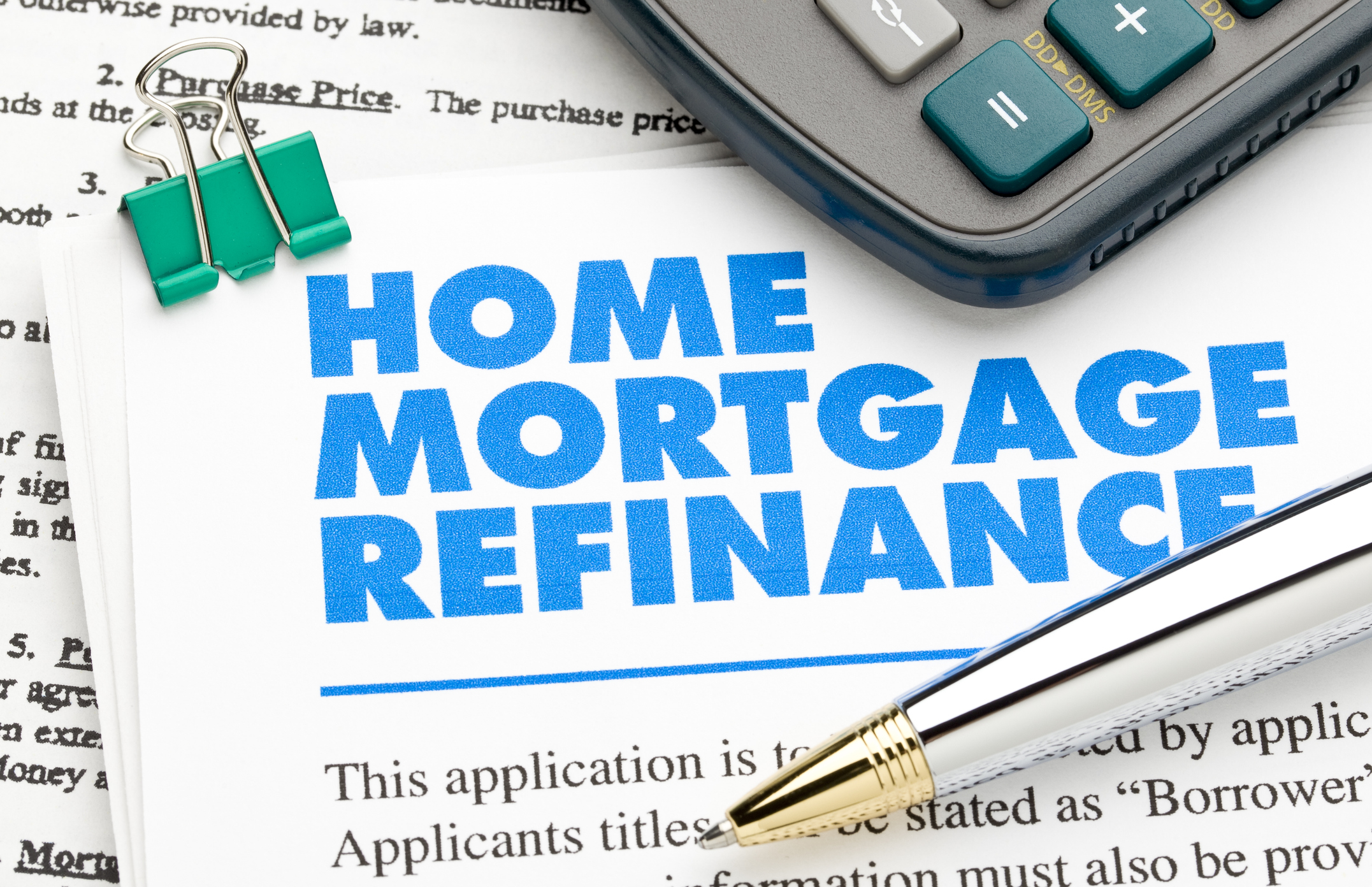 What to Watch for When Refinancing Your Home Mortgage
What to Watch for When Refinancing Your Home MortgageA smart refinance can save you thousands, but only if you know how to avoid costly pitfalls, calculate true savings and choose the right loan for your goals.
-
 Builders Are Offering Big Mortgage Incentives — What Homebuyers Should Watch For
Builders Are Offering Big Mortgage Incentives — What Homebuyers Should Watch ForBuilder credits and below-market mortgage rates can ease affordability pressures, but the savings often come with trade-offs buyers should understand before signing.
-
 Trump Signals Plan to Ban Institutional Investors From Buying Single-Family Homes
Trump Signals Plan to Ban Institutional Investors From Buying Single-Family HomesThe president says the move could improve housing affordability. Here’s what the data show about investor ownership, recent buying trends and what it could mean for homebuyers.
-
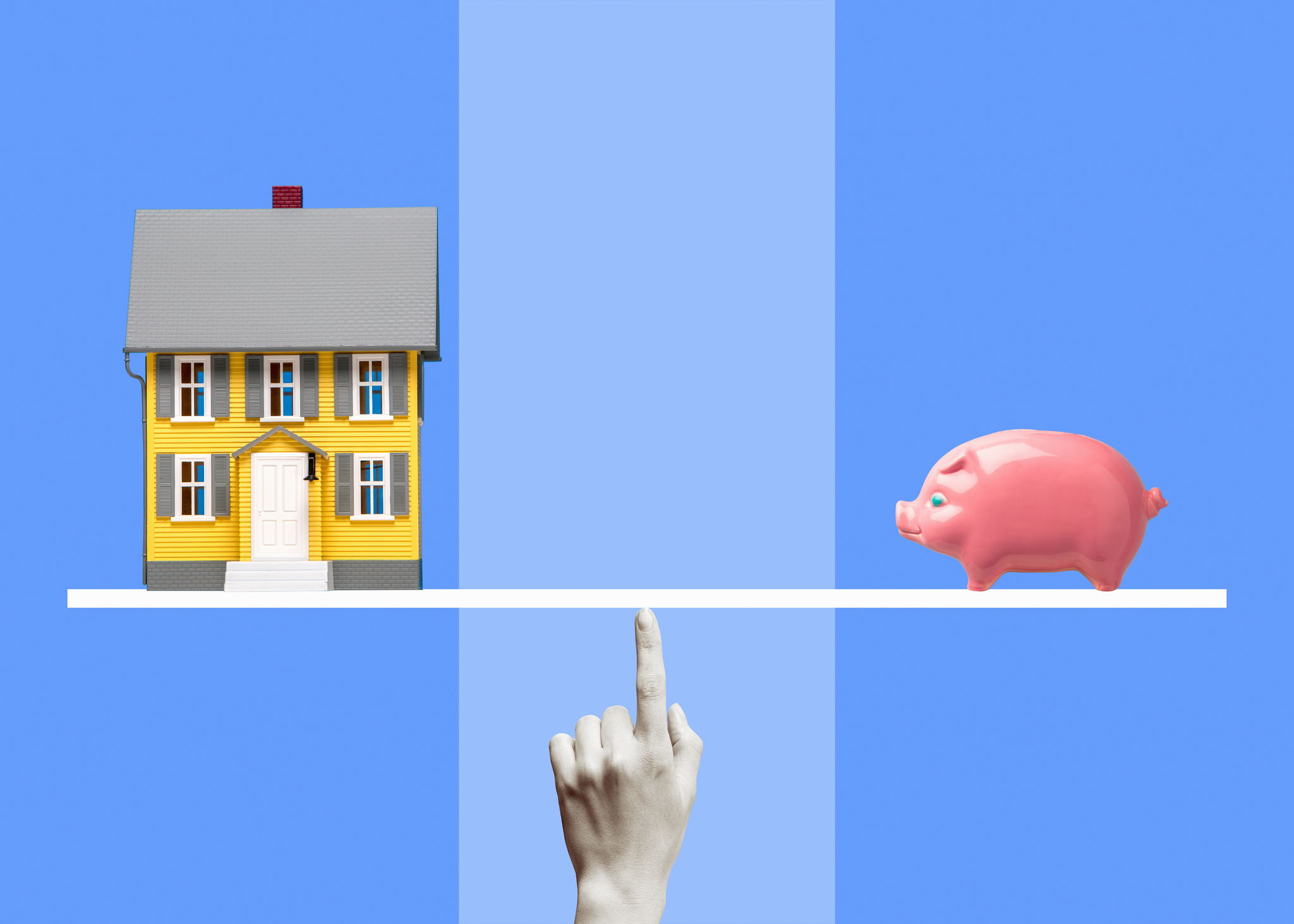 How Much Income You Really Need to Afford a $500,000 Home
How Much Income You Really Need to Afford a $500,000 HomeAs home prices increase, the income needed for a house is also climbing. We break down what you need to earn to afford a $500,000 home.
-
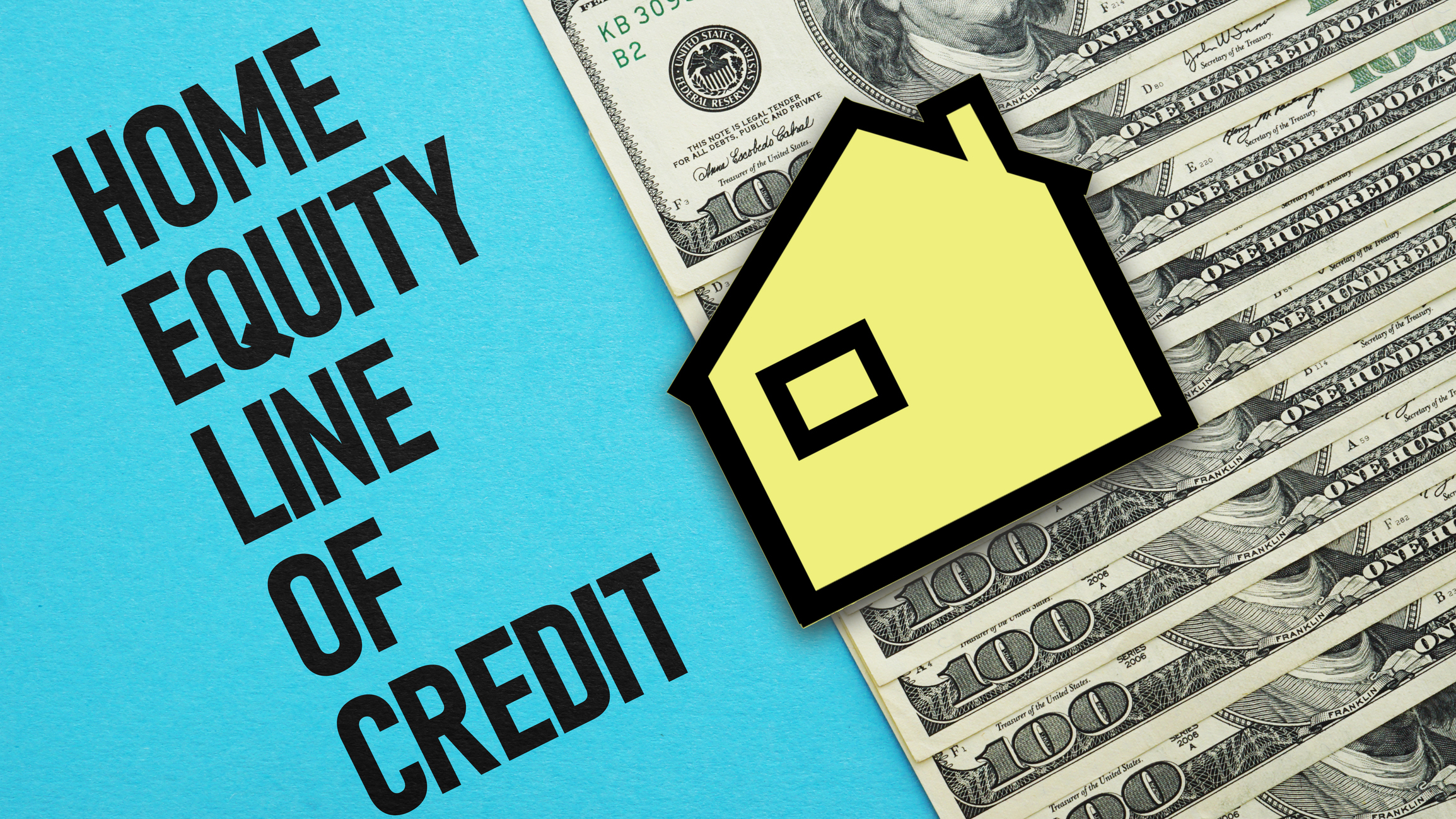 How Much Would a $50,000 HELOC Cost Per Month?
How Much Would a $50,000 HELOC Cost Per Month?Thinking about tapping your home’s equity? Here’s what a $50,000 HELOC might cost you each month based on current rates.
-
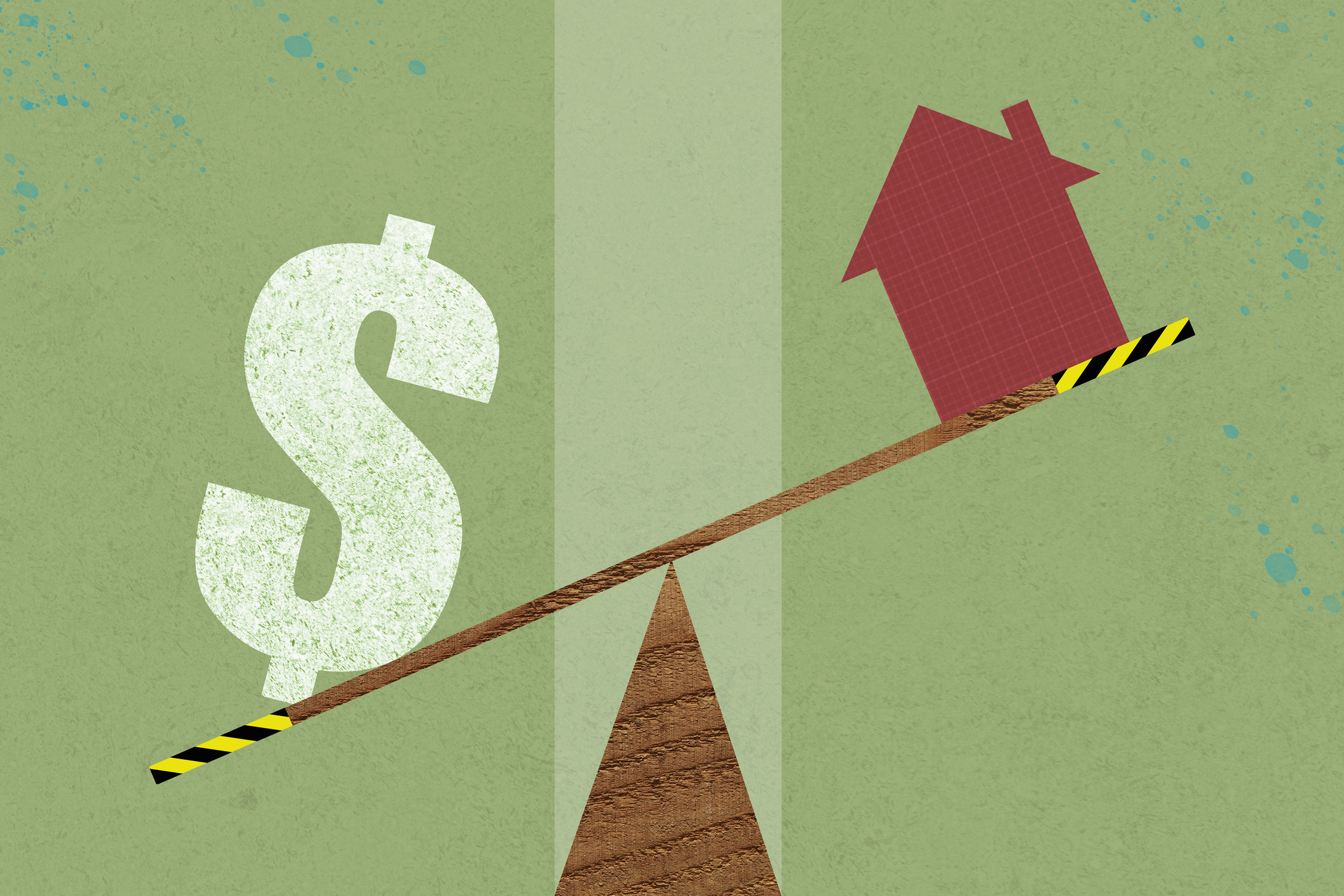 Should You Tap Your Home Equity Before 2026?
Should You Tap Your Home Equity Before 2026?As borrowing rates and tax law shifts converge, here's what homeowners need to know before pulling equity out of their home.